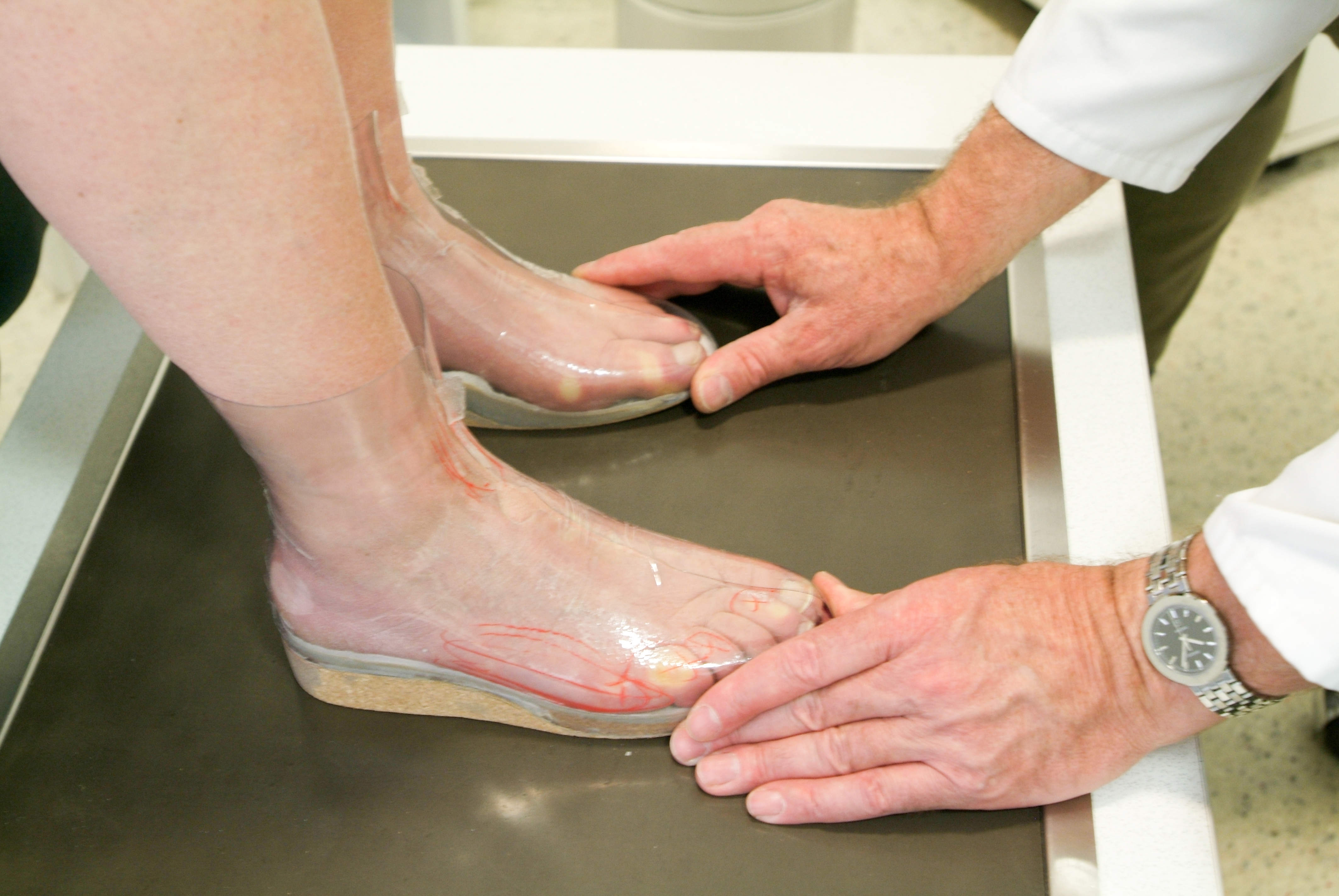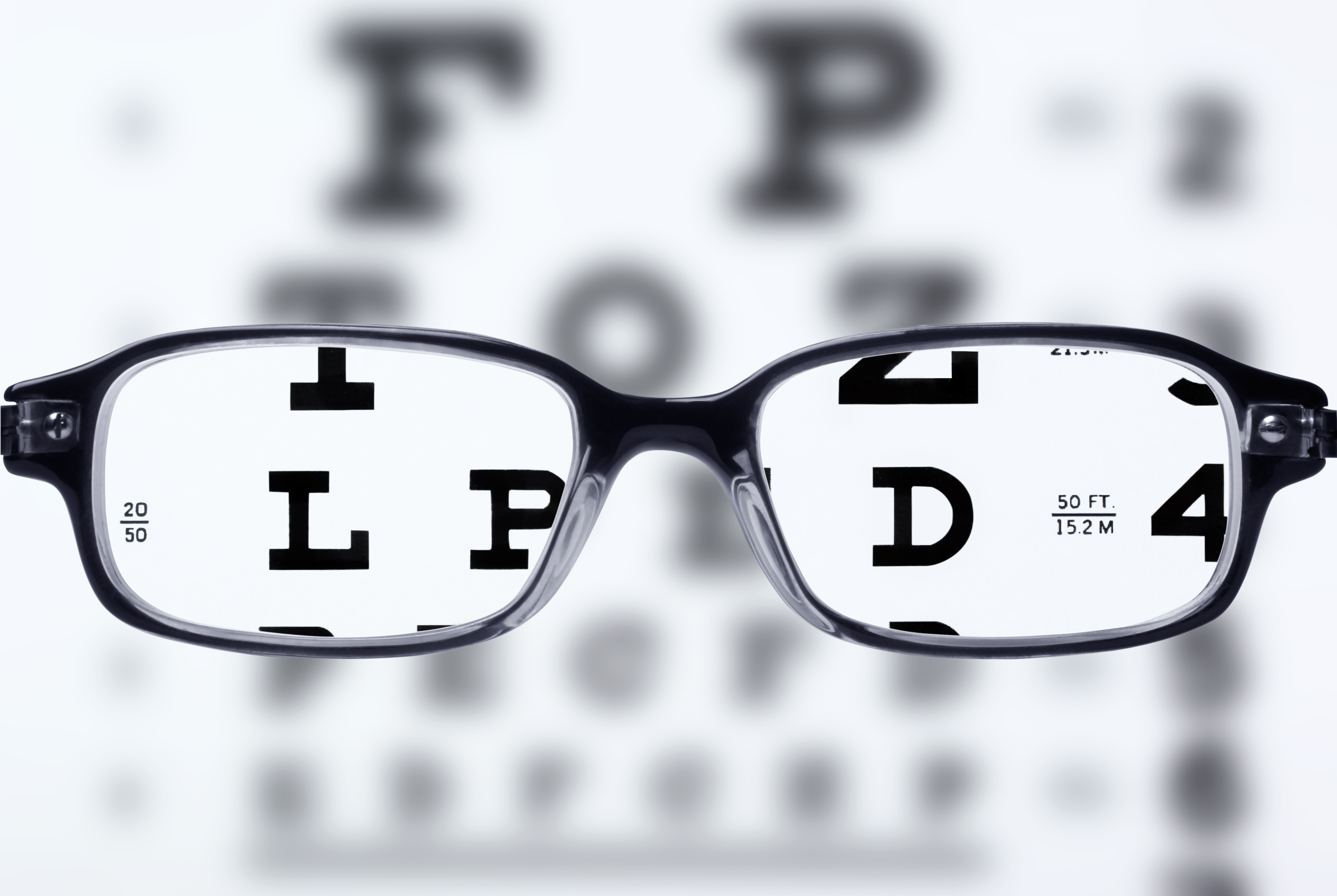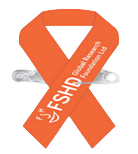FINDING CARE
While it is true that, at the moment, FSHD has no medical treatments that address muscle weakness and no cure, the effects of FSHD can still be managed.
Effective management of FSHD needs a team of people with the person with FSHD at the centre. Health professionals are obviously an important part of your care team and they should come from a range of different specialities to give you the support you need to manage FSHD.
These may include:
Audiologist
An audiologist specialises in ears and the associated structures. Their interest is in hearing, balance and auditory processing (how the brain interprets signals from the ears).
Hearing loss is common in FSHD but is usually not noticeable as it just affects high frequencies. Paediatric FSHD however is associated with severe hearing loss for some children.
Neurologist
A neurologist specialises in conditions that affect the nervous system. This includes the brain and nerves but also structures related to the nervous system such as the coverings for nerves (eg. Myelin shealth), blood vessels and muscles.
For most people with FSHD they will be diagnosed and initially cared for by a neurologist. Your neurologist should coordinate referrals to other healthcare professionals and be a central support.
Neurologists tend to have sub-specialities, so many will be focussed on stroke or multiple sclerosis or epilepsy and not neuromuscular disease. It’s important to find someone who has experience in neuromuscular disease.
Occupational Therapist
Occupational therapists work with people to help them maintain their independence and function. They are mainly concerned with helping people maintain their daily activities. They are very good at devising ways to help you keep going with the activities you want to by using aids, medical equipment, assistive technology and exercises. Occupational therapists are likely to be involved in recommending mobility aids and orthotics.
Your neurologist or other healthcare professional should refer you to an occupational therapist for assessment.
Physiotherapist
A physiotherapist is concerned with helping you maintain function. It’s important that you find a therapist who is experienced in degenerative disease. Many physiotherapists have extensive training and expertise in rehabilitation where recovery is the aim of therapy. Unfortunately, this model of care is not generally applicable to FSHD.
Your neurologist should be able to refer you to a physiotherapist with experience in neuromuscular disease.
Physiotherapists are likely to be involved in recommendations for mobility aids and orthotics in collaboration with your neurologist and a orthotist.
Orthotist
Orthotists are professionals who provide devices to help people maintain function. They specialise in
designing and manufacturing devices such as corrective shoes, braces and inserts. These can help support weakened body parts helping people maintain function and prevent injury.
A neurologist or physiotherapist will probably write a prescription for an orthotic. The orthotist will then design one specifically for the person based on size and their specific biomechanics. They will also fit the orthotic and make any adjustments.
Respiratory physician
Respiratory physicians are concerned with the function of the lungs. Respiratory dysfunction is uncommon in FSHD. However, some people may develop breathing problems. There is also a risk of nighttime apnoea (breathing problems at night) which may need assessment and treatment.
The respiratory physician’s role is to assess lung function and breathing and make recommendations for treatment such as mechanical support.

General Practitioner
In Australia general practitioners are the key frontline medical professional. They tend to be the first healthcare professional people encounter when they have a problem and it is their role to assess people’s health and either treat or refer.
Because of the small numbers of neurologists in Australia you may not be able to see them often, so if you have issues in between assessments the GP is going to be your first point of contact. They are able to refer you to other services and can organise medicare care plans to help with cost.
As GPs are generalists they may have very little knowledge about FSHD. Do not let this discourage you from seeing your GP. However, it may help to take along information when you go to the GP and have a clear idea about what you want to achieve from the visit.
Psychologists/psychiatrists
Psychologists and psychiatrists are concerned with mental health. Psychiatrists are medically trained specialists and are able to prescribe medicines for mental health conditions. Psychologists do not have a medical degree, but have a high level of expertise in diagnosis and counselling techniques. They are unable to prescribe in Australia.
FSHD can be a devastating condition both for the person diagnosed and their friends and family. Mental health can suffer while people come to terms with a diagnosis or as they cope with the changing nature of their condition. You may be referred to either of these health professionals for help with maintaining good mental health.
Health professionals are not the only people who will be helping you manage FSHD. Other people can provide excellent support to help you maintain your employment or caring duties, link you with support networks, give you access to government and non-government support and help with your social network.
Finding care in Australia can be challenging, especially in regional and remote regions. FSHD Global have started a forum for people with FSHD and their families to share recommendations on health care providers and tips for how to find care. We will be using this information to build a map of FSHD care providers in Australia helping facilitate people with FSHD finding the help they need.
Ophthalmologist
An ophthalmologist specialises in eyes. This is different to an optometrist in that they are medically trained.
FSHD is associated with retinal vascular disease and you may need regular appointments with an ophthalmologist to assess the presence and severity of disease.
Exercise physiologist
An exercise physiologist is a allied health professional who specialises in the delivery of exercise programs to support maintenance of health and well being. They should not be confused with personal trainers. Exercise physiologists are trained professionals with a medicare provider number.
You might want to consult with an exercise physiologist with an interest or experience in neuromuscular disease. They may help you plan and execute an exercise program to help you maintain fitness.




